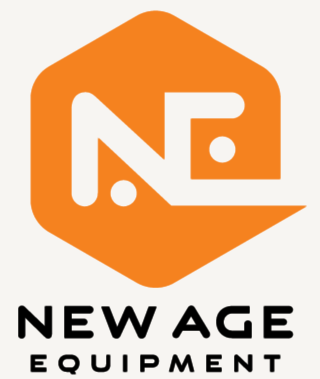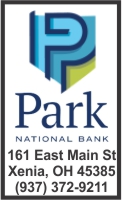Council on Aging Warns Scammers are Taking Advantage of Fears Surrounding COVID-19
Tips to Avoid Coronavirus Scams from the Federal Trade Commission—FTC
- Hang up on robocalls. Don’t press any numbers. Scammers are using illegal robocalls to pitch every thing from scam Coronavirus treatments to work-at-home schemes. The recording might say that pressing a number will let you speak to a live operator or remove you from their call list, but it might lead to more robocalls, instead.
- Ignore online offers for vaccinations and home test kits. Scammers are trying to get you to buy products that aren’t proven to treat or prevent the Coronavirus disease 2019 (COVID-19) — online or in stores. At this time, there also are no FDA-authorized home test kits for the Coronavirus. Visit the FDA to learn more.
- Fact-check information. Scammers, and sometimes well-meaning people, share information that hasn’t been verified. Before you pass on any messages, contact trusted sources. Visit usa.gov/coronavirus and click on "What the U.S. Government is Doing" for links to federal, state and local government agencies.
- Know who you’re buying from. Online sellers may claim to have in-demand products, like cleaning, household, and health and medical supplies when, in fact, they don’t.
- Don’t respond to texts and emails about checks from the government. The details are still being worked out. Anyone who tells you they can get you the money now is a scammer.
- Don’t click on links from sources you don’t know. They could download viruses onto your computer or device.
- Watch for emails claiming to be from the Centers for Disease Control and Prevention (CDC) or experts saying they have information about the virus. For the most up-to-date information about the Coronavirus, visit the Centers for Disease Control and Prevention (CDC), the World Health Organization (WHO) and the Ohio Department of Health (ODH).
- Do your homework when it comes to donations, whether through charities or crowdfunding sites. Don’t let anyone rush you into making a donation. If someone wants donations in cash, by gift card, or by wiring money, DON’T DO IT.
There are many other scams targeting older adults, including calls, e-mails and texts alleging they are from Social Security, Medicare, your bank and so on. The grandparent scam continues, with callers wanting you to believe a grandchild is in need of your help and asking for money/gift cards and also telling you not to let anyone know. And please don’t answer your door to anyone you don’t know or you were not expecting. As always, if you have questions, please contact the Council at 937-376-5486 or This email address is being protected from spambots. You need JavaScript enabled to view it. . Please keep in mind that the majority of the Council team is working remotely, so returning phone calls may take a day or two.













